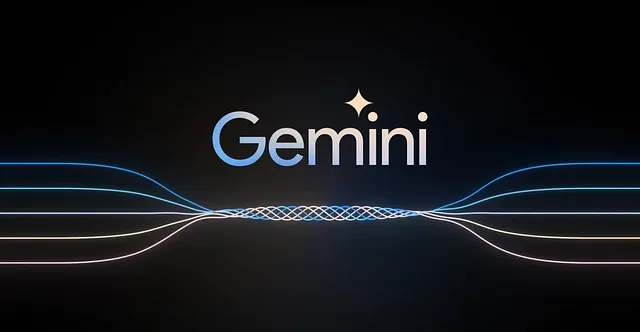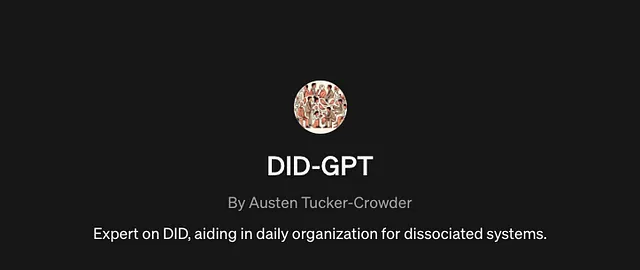如何在免费版本的Google Colab上运行Mistral 7b?
Mistral-7B-v0.1 大型语言模型(LLM) 具备 70 亿参数,如 Hugging Face 模型卡所示。然而,由于计算资源方面的要求,原模型在 Colab 的免费版本中加载不可行,因为它需要大量内存和 GPU 资源。
简化,即“太长;没看”。
借助bitsandbytes的整合,我们已经将LLM.int8论文中的技术整合到transformers中,使用户能够以4位精度运行模型。这扩展到不同模态下的各种Hugging Face模型。Dettmers等人的QLoRA论文介绍了这种方法,使用户能够更高效地在免费版的Google Colab上加载Mistral。下面是Github链接 :-)。
安装依赖
!pip install -q -U langchain transformers bitsandbytes accelerate
导入库
import torch
from transformers import BitsAndBytesConfig
from langchain import HuggingFacePipeline
from langchain import PromptTemplate, LLMChain
from transformers import AutoModelForCausalLM, AutoTokenizer, pipeline
定义量化配置
量化配置指定了在4位精度下加载模型的设置,利用torch.float16进行计算,并启用“nf4”量化类型和双重量化,旨在提高模型部署时的效率和减少内存占用。
quantization_config = BitsAndBytesConfig(
load_in_4bit=True,
bnb_4bit_compute_dtype=torch.float16,
bnb_4bit_quant_type="nf4",
bnb_4bit_use_double_quant=True,
)
加载4位模型和分词器
model_4bit = AutoModelForCausalLM.from_pretrained( "mistralai/Mistral-7B-Instruct-v0.1", device_map="auto",quantization_config=quantization_config, )
tokenizer = AutoTokenizer.from_pretrained("mistralai/Mistral-7B-Instruct-v0.1")
代码初始化了一个Mistral-7B-Instruct-v0.1模型,用于因果语言建模,从“mistralai/Mistral-7B-Instruct-v0.1”检查点中加载模型,并结合指定的量化配置以4位精度加载模型,同时实现自动设备映射。此外,还加载了相应的分词器。
创建拥抱脸流程
代码使用Mistral-7B-Instruct-v0.1模型进行文本生成管道的设置,在4位精度加载模型,并且使用相应的分词器,启用缓存和自动设备映射。它配置了生成参数,如最大长度、采样、基于top-k的采样,以及返回序列的数量。此外,它还初始化了一个LangChain HuggingFacePipeline,以便简化文本生成任务。
pipeline_inst = pipeline(
"text-generation",
model=model_4bit,
tokenizer=tokenizer,
use_cache=True,
device_map="auto",
max_length=2500,
do_sample=True,
top_k=5,
num_return_sequences=1,
eos_token_id=tokenizer.eos_token_id,
pad_token_id=tokenizer.eos_token_id,
)
llm = HuggingFacePipeline(pipeline=pipeline_inst)
定义一个模板和一个辅助函数
提供的generate_response函数利用模板和LangChain设置来生成对问题的回答。模板包含一个问题的占位符,然后使用LangChain来根据给定的上下文生成回答。函数返回生成的回答。
template = """<s>[INST] You are an respectful and helpful assistant, respond always be precise, assertive and politely answer in few words conversational english.
Answer the question below from context below :
{question} [/INST] </s>
"""
def generate_response(question):
prompt = PromptTemplate(template=template, input_variables=["question","context"])
llm_chain = LLMChain(prompt=prompt, llm=llm)
response = llm_chain.run({"question":question})
return response
测试您的模型
generate_response("Name one president of america?")
#OUTPUT
'\nOne president of the United States is George Washington.'
感谢您的关注。笔记本可以通过下方提供的GitHub链接进行访问。






